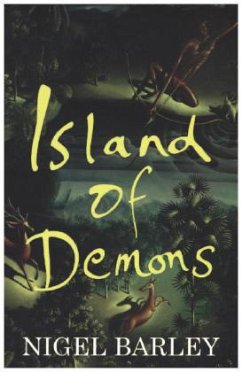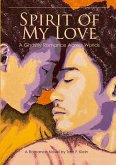Many men dream of running away to a tropical island and living surrounded by beauty and exotic exuberance. Walter Spies did more than dream. He actually did it. In the 1920s and 30s, Walter Spies - ethnographer, choreographer, film maker, natural historian and painter - transformed the perception of Bali from that of a remote island to become the site for Western fantasies about Paradise and it underwent an influx of foreign visitors. The rich and famous flocked to Spies' house in Ubud and his life and work forged a link between serious academics and the visionaries from the Golden Age of Hollywood. Charlie Chaplin, Noel Coward, Miguel Covarrubias, Vicki Baum, Barbara Hutton and many others sought to experience the vision Spies offered while Margaret Mead and Gregory Bateson, the foremost anthropologists of their day, attempted to capture the secret of this tantalizing and enigmatic culture. Island of Demons is a fascinating historical novel, mixing anthropology, the history of ideas and humour. It offers a unique insight into that complex and multi-hued world that was so soon to be swept away, exploring both its ideas and the larger than life characters that inhabited it.
Hinweis: Dieser Artikel kann nur an eine deutsche Lieferadresse ausgeliefert werden.
Hinweis: Dieser Artikel kann nur an eine deutsche Lieferadresse ausgeliefert werden.








